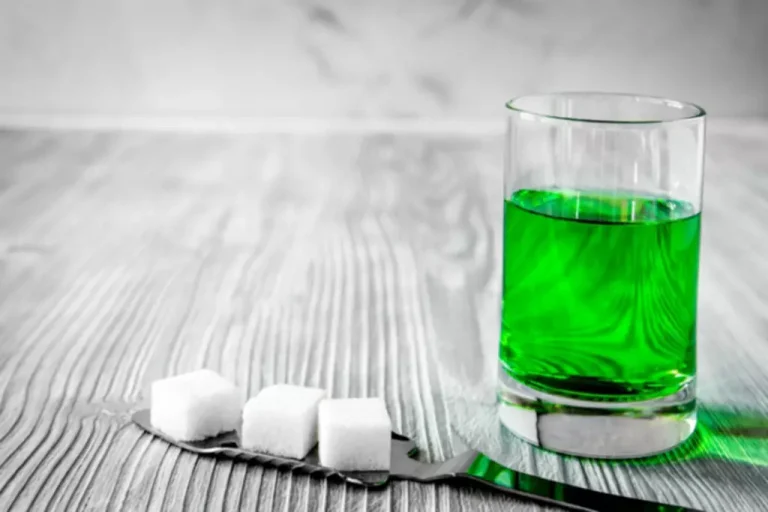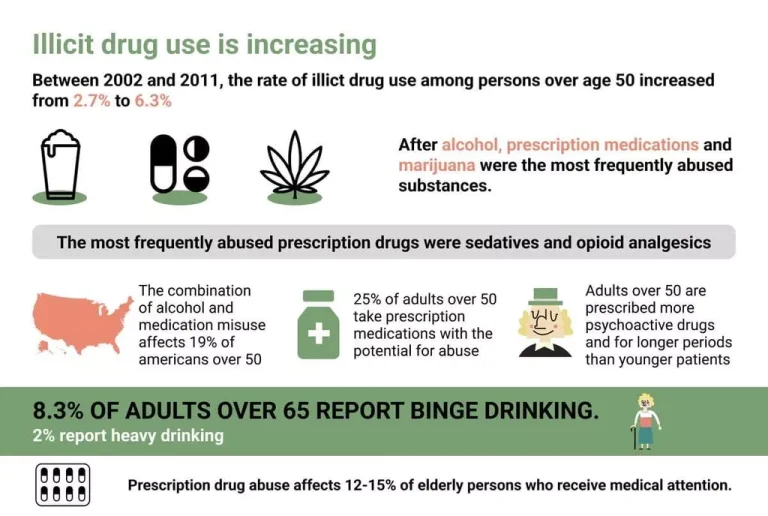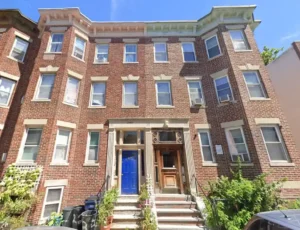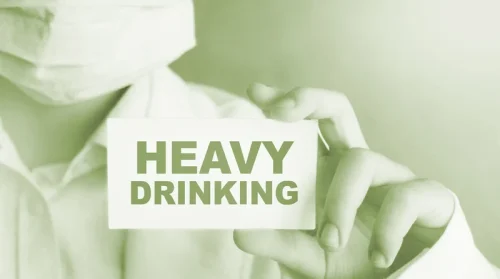
Recognizing the warning signs prior to a relapse is the best way to prevent one from occurring. A person in recovery may begin to relive the days of their drug abuse and look back on them in a positive light. A positive view of all the perceived good times they had can be a dangerous trigger that plants the idea of using again in their mind. This is a foray into mental relapse, which can quickly result in physical and full relapse. It’s easy for an addicted individual to remember only the positives of their abuse and forget all the anguish it may have caused them. Restoring normal brain function is difficult, which is why many people relapse during recovery.

Causes of depression relapses

Learn the key to weakening your desire to drink without the constant struggle or the feeling of missing out. Some events or experiences can be avoided with a polite excuse. Choose to get help, even though shame often deters people from doing so. Learning techniques of mindfulness allows you to distance yourself from the e craving and examine it rather than automatically accept its command. • Unpleasant feelings including hunger, anger, loneliness, and fatigue.
Relapse & Slips: Warning Signs, Triggers & Prevention Plan
Symptoms of a depression relapse may sometimes differ from the symptoms you experienced during a previous episode. Depression relapse is when you experience symptoms of depression after a period of remission. Focus relapse prevention on how much better your life will be once you stop using drugs or alcohol for good. Think about what’s driving you to quit, such as rebuilding damaged relationships, keeping a job, or getting healthy again.

How can a person prevent relapse and stay sober?
- Monitoring who a person in recovery interacts with can help to prevent relapse.
- It’s about creating a lifestyle that can help a person maintain their recovery goals.
- One of the most dangerous aspects of relapse is the increased risk of overdose.
- Less-intensive treatment may be an option if this is your first relapse and you are in good physical and mental health, are not at risk for severe withdrawal, and have a sober support system in place.
Think about triggers, emotions, or events that led you to relapse. BetterHelp can connect you to an addiction and mental health counselor. People can experience one or more relapses before they succeed. For example, someone trying to control their drinking, who had been drinking according to relapse could result in a session of binge drinking. For a shopaholic trying to follow a spending plan, a relapse could be going on a shopping spree. Focusing on emotional wellness each day reduces restlessness, irritability, and discontent, which can build up over time and lead to relapse.
They also offer a safe space for group members to talk about their struggles and learn to cope without substances. Surround yourself with a strong support https://ecosoberhouse.com/ system of friends, family, and sober acquaintances. Additionally, join local recovery meetings to interact with peers in similar situations.
Step Programs
- This can mean being surrounded by supportive loved ones, going to counseling regularly, or attending a peer support or 12-Step group.
- Prolonged stress during childhood dysregulates the normal stress response and can lastingly impair emotion regulation and cognitive development.
- It also helps train your body to reduce post-acute withdrawal symptoms in the weeks or months after getting sober.
- The longer a person remains sober, the lower their risk of relapse becomes.
Addiction relapse, in its simplest terms, refers to a return to substance use after a period of abstinence. It’s not just a momentary lapse in judgment, but a significant setback that can derail months or even years of recovery efforts. Understanding relapse rates is more than just a matter of statistics – it’s about grasping the true nature of addiction as a chronic, relapsing disease. Psychotherapy is a type of therapy in which you speak with a licensed mental health professional.

- This connection between trauma and addiction makes it crucial to address both issues simultaneously.
- Good treatment programs have relapse prevention as part of their recovery process.
- Having a substitute behavior like going to a yoga class or taking a long bath also can be helpful when you’re feeling triggered.
- Focus on how much better your life will be once you stop using drugs or alcohol for good.

